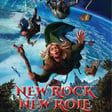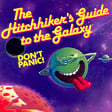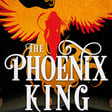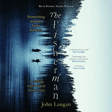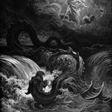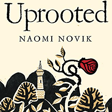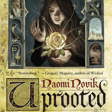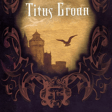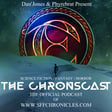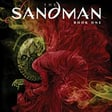
Northern Lights with Stephen Palmer
We were joined on this episode by Stephen Palmer, author of several genre novels including Memory Seed, Tommy Catkins, The Girl With Two Souls, and many more. His latest novel, Monique Orphan, was published in November 2021 by Infinite Press.
Stephen spoke with us about Philip Pullman's Northern Lights. We discussed the novel's call to action on the part of the protagonist, its rich and complex themes, whether it really succeeds in laying down its atheist credentials, and how Pullman drew the narrative out of John Milton's epic poem Paradise Lost.
Stephen talks about his own long career, including his latest novel Monique Orphan, the importance for writers of having something to say, and the equal but infuriating importance of luck to a career in writing.
We also stop by at The Judge's Corner to learn about copyright, hear the winning entry from December's 75-word writing challenge, by Cat's Cradle, and listen to some odd voicemails received by the Chronscast inbox.
Links
The Abyssal Awakening Of Mankind in Northern Lights and Paradise Lost
Philip Pullman's Introduction to Paradise Lost
Stephen Palmer's official website
Index
[00:00 - 59:10] Stephen Palmer interview Part 1
[59:15 - 59:44] Voicemail #1
[59:45 - 1:17:45] The Judge's Corner
[1:17:46 - 1:18:12] Voicemail #2
[1:18:13 - 1:19:51] Writing Challenge Winner
[1:19:52 - 1:20:24] Voicemail #3
[1:20:28 - 1:49:05] Stephen Palmer interview Part 2



